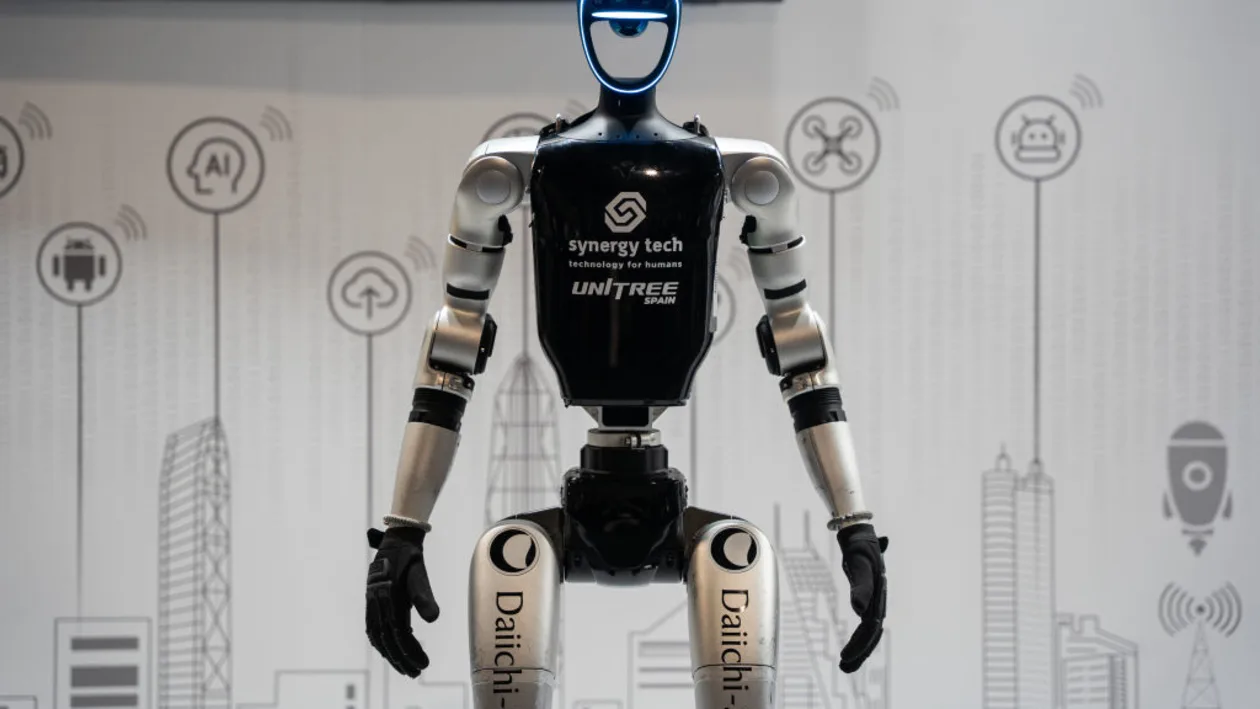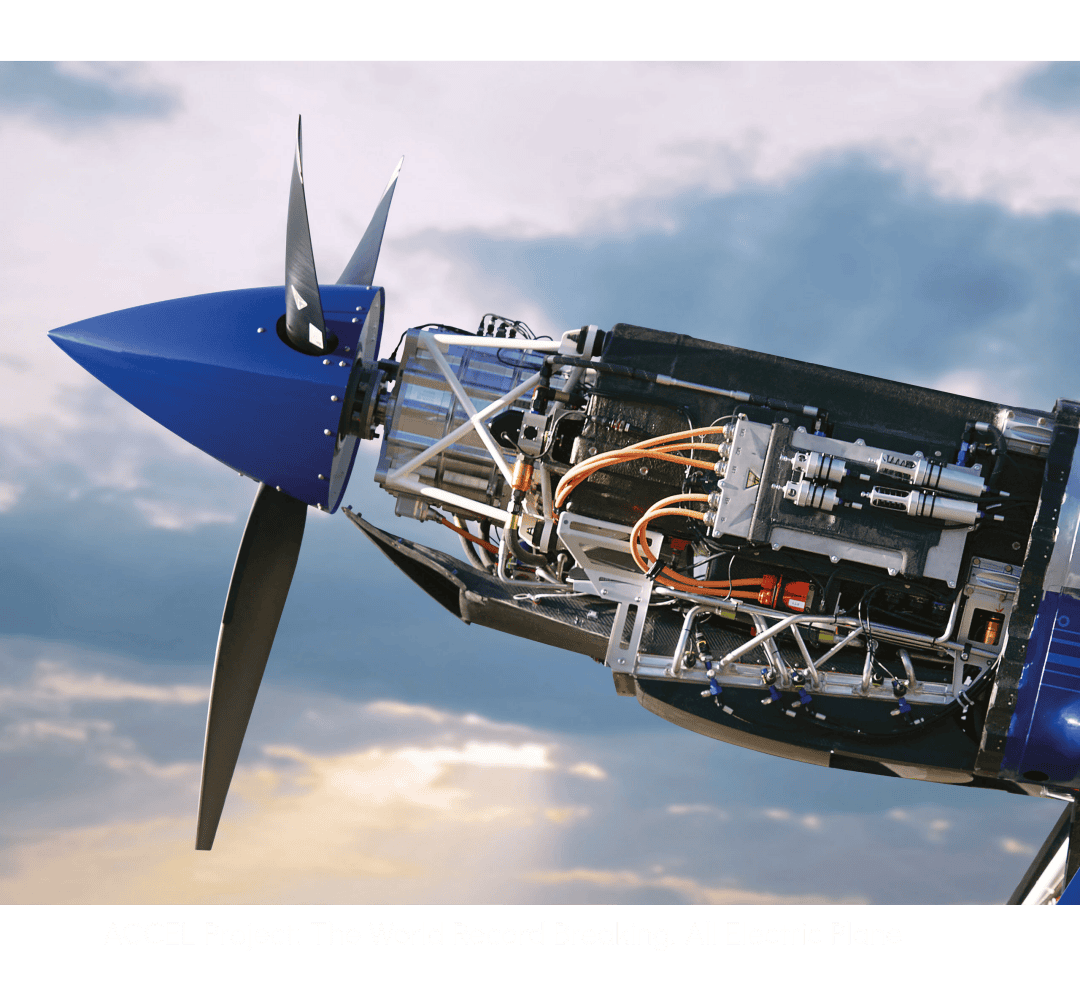DETROIT – Li-Ion batteries power almost everything these days, thanks to their unique qualities. Although ubiquitous, they are not perfect, and research is underway to find better energy storage solutions. Aluminum-Sulfur batteries show promising characteristics, but progress has been limited.
Researchers have been looking for decades to find the best battery cell formula. Right now, the best solutions come from the various types of Li-ion batteries. They are relatively cheap to manufacture and offer reasonable durability and energy density. But they are always a sum of trade-offs between different characteristics. That’s why researchers try to find better alternatives, even though Li-ion batteries seem forever entrenched in our lives.
The industry is predicted to move to chemistries that replace expensive materials like lithium, nickel, and cobalt with more readily available ones, like aluminum or iron. A paper published in Nature magazine describes a new battery type that uses aluminum and sulfur as the main components. The chemistry promises to offer a cheap solution and a significant improvement in energy density and fast-charging capacity.
It sounds like the holy grail of batteries, but aluminum-sulfur batteries are not new. The reason why they are not more present in our lives is the dendrites that form between their electrodes. These can lead to shorting, effectively killing the battery in a very short time. The research indicates that a new type of electrolyte can prevent dendrite formation, but there’s a catch. To work efficiently, it needs to be kept just above the water boiling point, at 110 degrees Celsius (230 degrees Fahrenheit).
To read more, click on click on Auto Evolution






